Diversity is a recurring theme in panels at this year’s New York Comic-Con, mirroring a trend in fandom nationwide.
Race, gender, physical ability, mental health, even geeks as an emerging protected class – amidst the how-to’s and PR announcements, programming about diversity is filling rooms and getting headlines. The power of this theme is something I have witnessed firsthand, from fervent pleas for size diversity at fashion panels in San Diego to heartfelt stories of attendees relating their mental health struggles – in fact, I’ll be moderating a panel on the latter subject on Sunday afternoon.
There’s a natural tendency when assessing this trend to attribute it to personal enlightenment — “we are the change” and all that. Maybe that’s true, but there’s another factor we should not ignore.
Diversity sells – just as the arc of the moral universe is long but bends toward justice, the course of amoral capitalism tends to follow the path of most acceptance. Sometimes this may seem to work exclusively in favor of a privileged majority, but there is also a rich history of wearing down prejudices to extend the market’s reach. With the influx of creators, consumers, and con attendees across all conceivable demographic classes and interest groups, embracing the fullest possible range of potential customers simply makes good business sense.
In this respect, diversity-themed programming is as an integral part of convention branding, both for attracting the coveted millennial base and for luring the sponsors who want to reach them. The following quote from a recent Adweek article on New York Comic-Con’s appeal to brands speaks volumes, as does the Amy Reeder breast cancer charity t-shirt (above) that Chevy is promoting at the Con:
“In New York City, there are very few venues and events that take place that really attract millennials,” says Todd Reynolds, marketing manager from the Northeast region for Chevrolet, which has been a partner since 2011. Chevy made the convention one of its stops in 2011 when it was rolling out the subcompact Sonic. “We felt that based upon the demographics and age groups that were attending, it would be ideal for consumers we were trying to reach.”
Does this aspect of the phenomenon lessen its ethical significance? Not at all, just as the civil rights movement was not diminished by its early preoccupation with diversifying the lunch counters at Woolworths. In fact, the phrase “civil rights” is at base transactional, referring to free and equal access to the legally established framework for entering into contracts and engaging in economic exchange. There’s a direct line from a lunch counter in Greensboro and a bar in Greenwich Village to panels on diversity and the convention floor – where this takes us next will, in the immortal words of the epic poet Virgil, be wonderful to see.


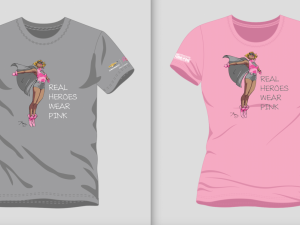
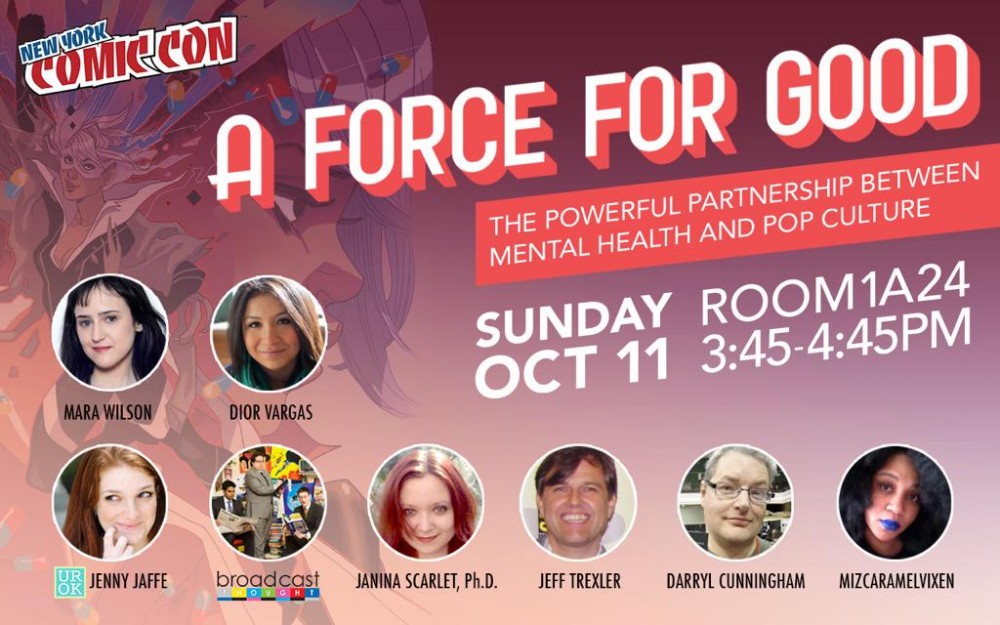
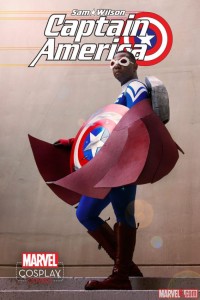

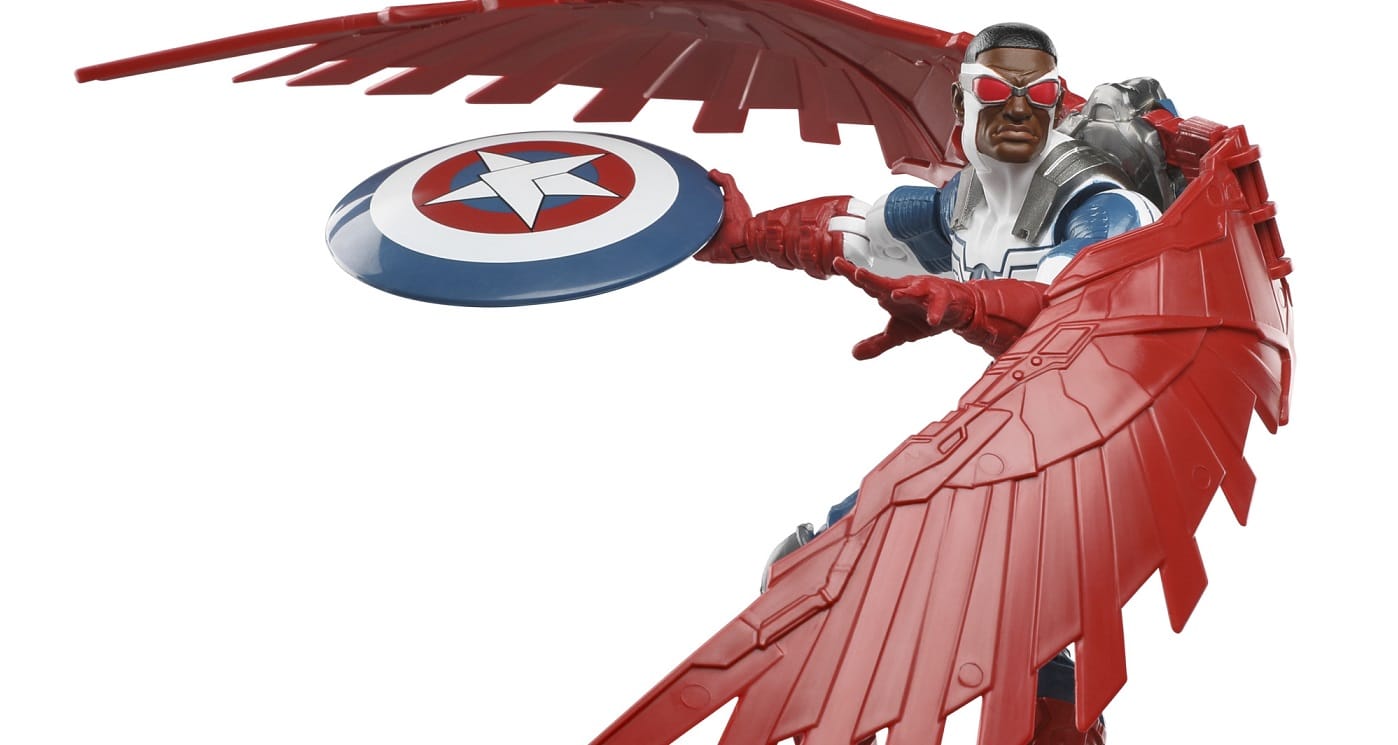

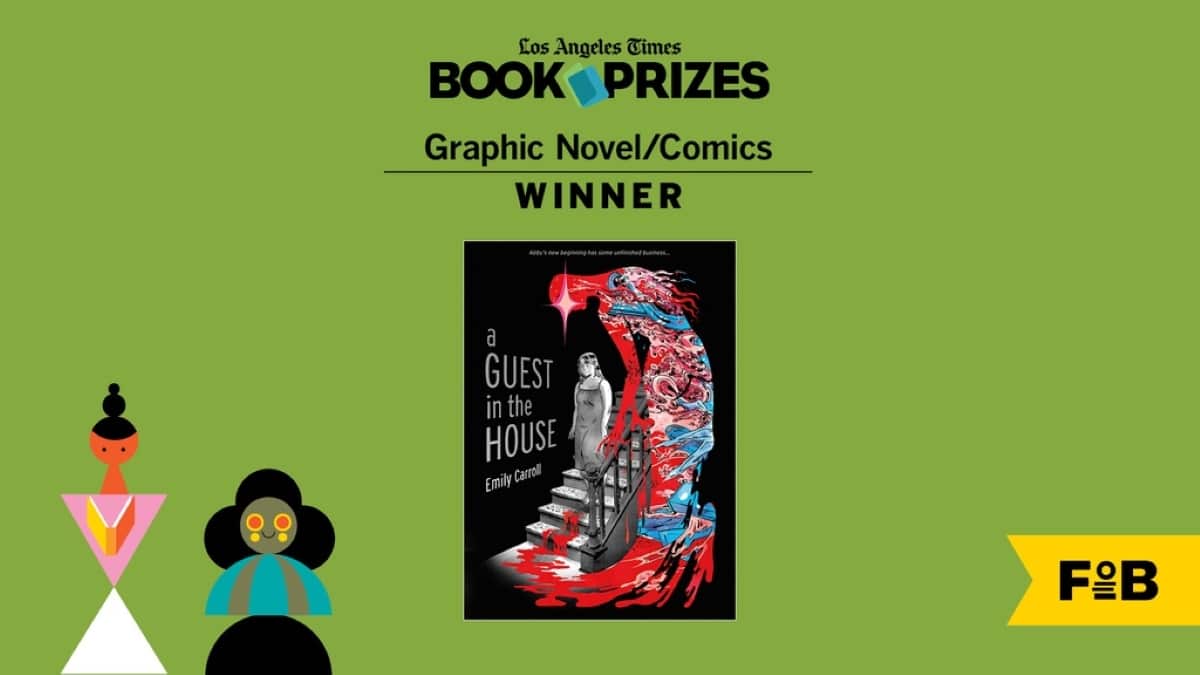

’embracing the fullest possible range of potential customers simply makes good business sense.’
except there not, as a long time comic reader I’ve given up buying any from the big two. None of the new books are aimed at me and all the white male characters I liked have been replaced by so called minorities (eg captain america, hulk, iceman, Thor, antman, nick fury, wolverine, starlord and probably spiderman to name just a few).
whereas it’s not ok for minorities to have no representation it seems ok for white males to have none.
Every book now has to have gay characters , I’ve no problem with having books with gay characters for those who want but not in every fucking book, what about those who don’t. Sorry but I’m just not interested in seeing gay love scenes.
I would buy books with minorities if they could get past blaming every thing bad on white males, I don’t pay $4 to be told I’m an asshole because I’m male and white.
And I bet for daring I’d like to see the odd white male superhero I’m sure the posters will write me of some homophobic, kkk arsehole. Well F*** you comics. I’ll spend the $400 a month I used to spend on comics on something other activity that doesn’t take me for granted and actually welcomes me.
Good riddance.
Dave, I don’t see this as an either-or proposition — statistically there are still a fair number of straight white male superheroes, even a majority. Meanwhile, as attendance at comic-cons demonstrates, the audience for comics and other nerd-culture material has visibly diversified. The time when a dirty-blonde white male embodied America is long past.
Sorry, the above comment was me, Jeff Trexler, addressing Dave Allen.
Comments are closed.